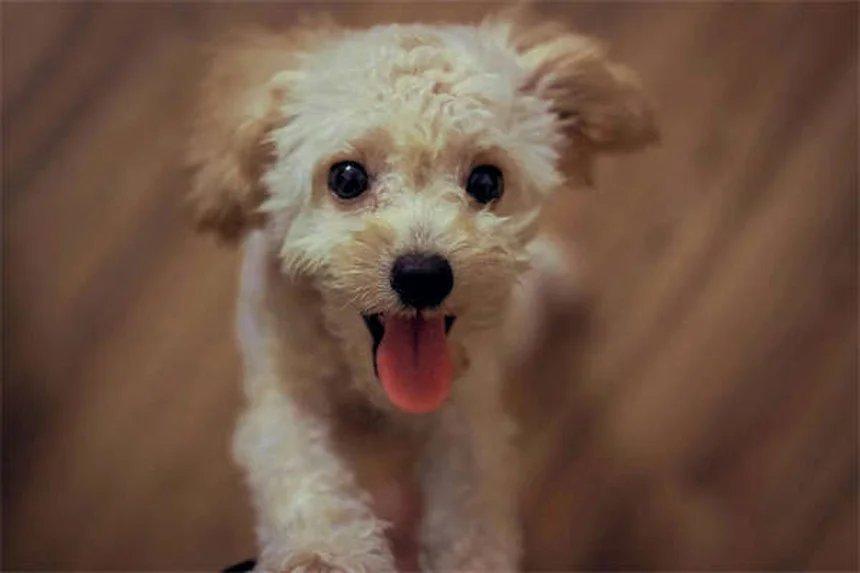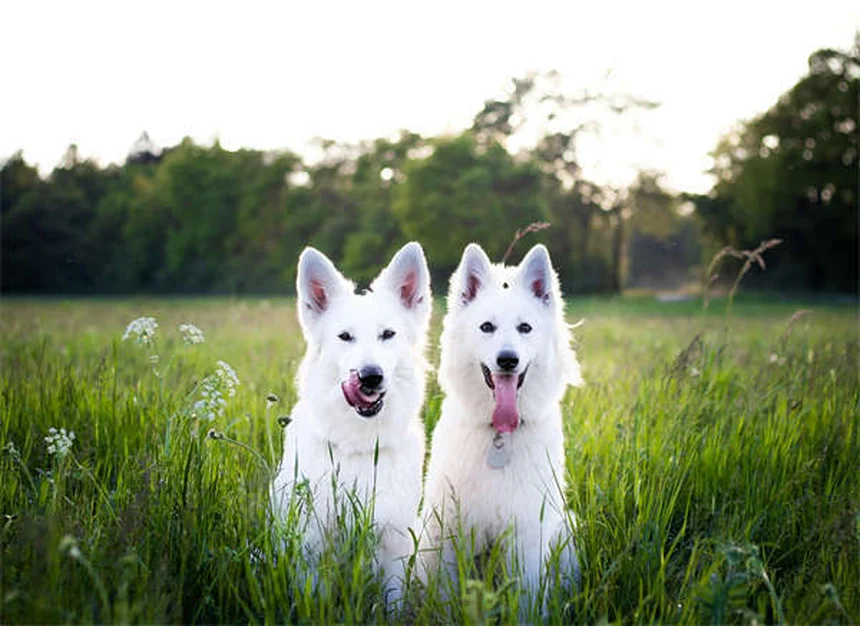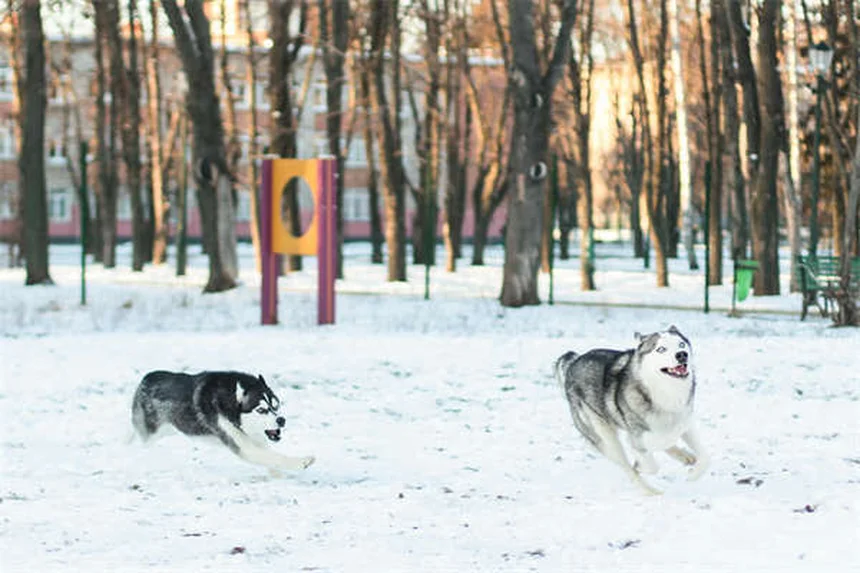Do rabbits get urinary stones? The answer is yes, and it's more common than you might think! Rabbit urinary stones (also called urolithiasis) form when excess calcium builds up in your bunny's system. Unlike other animals, rabbits absorb 100% of the calcium they consume, which makes them particularly prone to this painful condition. If you've noticed your rabbit straining to urinate or showing other unusual symptoms, this guide will help you understand what's happening and how to help. We'll walk you through the warning signs, treatment options, and simple prevention tips that could save your rabbit's life.
E.g. :Incurin® for Dogs: The Complete Guide to Estrogen Therapy
Advertisement
- 1、Understanding Rabbit Urinary Stones: The Calcium Connection
- 2、Diagnosing Urinary Stones in Rabbits
- 3、Recovery and Long-Term Care
- 4、Preventing Future Problems
- 5、Final Thoughts on Rabbit Urinary Health
- 6、The Hidden Dangers in Rabbit Treats
- 7、The Water Factor: More Than Just Hydration
- 8、Age Matters: Special Care for Senior Bunnies
- 9、The Emotional Side of Rabbit Health
- 10、FAQs
Understanding Rabbit Urinary Stones: The Calcium Connection
Why Do Rabbits Get Calcium-Based Stones?
Did you know rabbits absorb 100% of the calcium they eat? That's right - while other mammals pee out most of their calcium, rabbits keep nearly all of it. Their urine normally contains 45-60% calcium, compared to just 2% in other animals!
Here's what happens: when rabbits eat too much calcium (especially from commercial pellets), don't drink enough water, or don't exercise enough, the excess calcium can form painful stones in their urinary tract. Middle-aged rabbits (3-5 years old) are most at risk.
Spotting the Warning Signs
How can you tell if your bunny might have stones? Look for these red flags:
| Common Symptoms | Emergency Signs |
|---|---|
| Pink or bloody urine | Complete inability to pee |
| Straining to urinate | Severe lethargy |
| Cloudy or thick urine | Refusing all food |
| Wet fur around bottom | Hunched posture |
Fun fact: Rabbits don't actually need all that calcium from pellets. In the wild, they get just enough from leafy greens!
Diagnosing Urinary Stones in Rabbits
 Photos provided by pixabay
Photos provided by pixabay
The Vet Visit: What to Expect
When you bring your rabbit in, the vet will:
1. Ask about your rabbit's diet and symptoms
2. Feel for bladder/kidney swelling
3. Test urine calcium levels
4. Use X-rays or ultrasound to find stones
Ever wonder why vets need so much information? Because rabbit symptoms can be tricky! That hunched posture might mean bladder pain... or it might just mean your bunny saw a scary shadow.
Treatment Options Explained
First things first - we need to relieve your bunny's pain. Then we'll:
For small stones:
• Massage the bladder
• Flush the urinary tract
• Give pain medication
For large stones:
• Perform surgery (don't worry - it's usually quick!)
• Hospitalize for 1-2 days
• Provide IV fluids
Recovery and Long-Term Care
Creating the Perfect Healing Environment
Your recovering rabbit needs:
• A warm, quiet space
• Gentle exercise (10-15 minutes every few hours)
• Plenty of fresh water (try flavoring it with carrot juice!)
• The right foods (more on this next)
Here's a joke to lighten the mood: Why did the rabbit with stones cross the road? To get to the vet's office!
 Photos provided by pixabay
Photos provided by pixabay
The Vet Visit: What to Expect
Want to keep stones from coming back? Follow these diet tips:
DO feed:
• Timothy hay (not alfalfa!)
• Wet leafy greens (romaine, cilantro, parsley)
• Limited pellets (1/4 cup per 5 lbs body weight)
AVOID:
• High-calcium veggies (kale, spinach)
• Too many pellets
• Sugary treats
Did you know rabbits should drink about 100ml of water per kg of body weight daily? That's like a human drinking 8 glasses!
Preventing Future Problems
Lifestyle Changes That Make a Difference
Beyond diet, try these habits:
1. Encourage movement with toys and tunnels
2. Weigh your rabbit monthly
3. Watch for urine color changes
4. Schedule annual vet check-ups
Remember - an active rabbit is a healthy rabbit! Even 30 minutes of hopping daily can help prevent stones.
When to Call the Vet Immediately
Don't wait if you see:
• No urine for 12+ hours
• Blood in urine
• Complete loss of appetite
• Severe lethargy
As rabbit owners, we know our bunnies hide illness well. That's why early action is so important!
Final Thoughts on Rabbit Urinary Health
 Photos provided by pixabay
Photos provided by pixabay
The Vet Visit: What to Expect
It's all about balance - enough calcium for healthy bones, but not so much that stones form. Work with your vet to find the right diet for your rabbit's age and health.
Here's a quick calcium comparison in common foods:
| Food | Calcium Level |
|---|---|
| Alfalfa hay | High |
| Timothy hay | Medium |
| Romaine lettuce | Low |
| Spinach | Very high |
Your Rabbit's Long, Healthy Life
With proper care, most rabbits recover fully from urinary stones. The key is prevention - the right diet, plenty of water, and lots of love!
Got questions about your rabbit's specific needs? Your vet is always the best resource for personalized advice.
The Hidden Dangers in Rabbit Treats
Commercial Treats: More Harm Than Good?
You'd be shocked how many "healthy" rabbit treats at pet stores are packed with sugar and calcium. Those cute little yogurt drops? Disaster for your bunny's urinary system! I've seen cases where well-meaning owners caused stone formation just by giving one treat per day.
Here's what happens inside your rabbit when they eat these treats: the sugar disrupts their gut bacteria while the excess calcium overloads their kidneys. It's like giving a kid candy for breakfast every morning - except rabbits can't tell you when they feel sick!
Better Alternatives You Can Make at Home
Want to spoil your bunny safely? Try these vet-approved homemade treats:
Fruit twigs:
• Apple or pear branches (untreated!)
• Bake at 200°F for 2 hours to dry
• Great for chewing and low in calcium
Herb cubes:
• Blend parsley, cilantro and water
• Freeze in ice cube trays
• Perfect summer treat that hydrates too!
Did you know rabbits go crazy for dried dandelion leaves? Just pick them from pesticide-free areas and dry them in the sun. Free and healthy!
The Water Factor: More Than Just Hydration
Why Bottled Water Might Be Better
If your tap water is hard (high in minerals), you might be adding to your rabbit's calcium problem without realizing it. I tested one client's water - their bunny was getting 30% of daily calcium just from drinking!
Here's a simple test: if you see white buildup around your faucets or in your kettle, your water's probably too hard for optimal rabbit health. Spring water or filtered water makes a big difference for stone-prone bunnies.
Creative Ways to Increase Water Intake
Some rabbits are just picky drinkers. Try these tricks:
• Add a splash of unsweetened cranberry juice (just 1 teaspoon per cup)
• Use a heavy ceramic bowl instead of a bottle - rabbits drink more this way
• Place multiple water stations around their space
• Float a few cilantro leaves in the water bowl
Ever notice how rabbits drink more after exercise? That's why I always recommend playtime before mealtime - it naturally increases their thirst!
Age Matters: Special Care for Senior Bunnies
Metabolic Changes Over Time
As rabbits pass age 5, their ability to regulate calcium decreases dramatically. What was fine in their youth can become dangerous. I compare it to human metabolism slowing with age - except rabbits hide it better!
Here's what aging does to rabbit calcium processing:
1. Kidneys become less efficient at filtering
2. Bladder muscles weaken
3. Thirst signals diminish
4. Mobility decreases (less bathroom trips)
Adjusting Care for Golden Years
For senior rabbits, we need to be extra vigilant:
| Young Rabbit Care | Senior Rabbit Care |
|---|---|
| Unlimited timothy hay | Same, but check teeth regularly |
| 1/4 cup pellets daily | 1/8 cup senior formula pellets |
| Water available | Water actively encouraged |
| Annual checkups | Bi-annual checkups |
Notice how we don't reduce hay? That's because fiber remains crucial for digestion at any age. It's the pellets we cut back on!
The Emotional Side of Rabbit Health
Stress: The Silent Stone Maker
Here's something most owners don't realize: stress can trigger stone formation. When rabbits feel anxious, their bodies release hormones that alter urine pH. I've treated bunnies who developed stones after:
• Moving to a new home
• Losing a bonded mate
• Hearing construction noise
• Even changes in owner work schedule!
How can you tell if your rabbit is stressed? Watch for overgrooming, reduced eating, or unusual aggression. These subtle signs often come before physical symptoms.
Creating a Zen Bunny Environment
Want to reduce stress? Try these simple adjustments:
Safe spaces: Cardboard boxes with two exits help rabbits feel secure. Single-entrance hides can make them feel trapped.
Routine matters: Feed and interact at consistent times. Rabbits thrive on predictability - it's why they get excited when you come home at the same time daily!
Companionship: Bonded pairs are generally happier, but introduce new friends slowly under supervision. A bad pairing causes more stress than being alone.
Remember that joke about rabbits and stones? Well, a happy rabbit is a stone-free rabbit! Okay, maybe not the best joke, but you get the point.
E.g. :Bladder Stones and Sludge in Rabbits
FAQs
Q: What causes urinary stones in rabbits?
A: Rabbit urinary stones form when there's too much calcium in your bunny's system. Here's the deal - rabbits are unique because they absorb all the calcium they eat, unlike other animals that excrete most of it. Combine this with common issues like:
• High-calcium pellet diets
• Not enough water intake
• Lack of exercise
• Obesity
And you've got a perfect recipe for stone formation. The stones are usually made of calcium carbonate and can range from tiny sand-like particles to large, painful masses. Middle-aged rabbits (3-5 years) are most at risk, but any rabbit with these risk factors can develop stones.
Q: How can I tell if my rabbit has urinary stones?
A: Watch for these 5 key warning signs:
1. Blood in urine (pink or red tint)
2. Straining to urinate (may look like constipation)
3. Thick, cloudy urine instead of clear
4. Wet fur around their bottom from urine leakage
5. Hunched posture or reluctance to move
In severe cases, your rabbit might stop eating completely or become extremely lethargic. These are emergency signs requiring immediate vet attention. Remember, rabbits hide pain well, so any noticeable symptoms mean the problem is already serious.
Q: What's the treatment for rabbit urinary stones?
A: Treatment depends on the stone size and location. For small stones, your vet might:
• Give pain medication
• Massage the bladder
• Flush the urinary tract
For larger stones, surgery is often needed. Don't panic though - these procedures are common and most rabbits recover well with proper aftercare. Your bunny will likely need:
• 1-2 days hospitalization
• IV fluids
• Special diet during recovery
The good news? With prompt treatment, most rabbits bounce back completely. The key is catching the problem early before complications develop.
Q: How can I prevent urinary stones in my rabbit?
A: Prevention focuses on three main areas:
1. Diet: Switch to timothy hay (not alfalfa), limit pellets, and focus on leafy greens like romaine and cilantro
2. Hydration: Ensure fresh water is always available (try flavoring it with veggie juice!)
3. Exercise: Encourage daily hopping with toys and playtime
We also recommend:
• Monthly weight checks
• Annual vet exams
• Monitoring urine color regularly
These simple steps can dramatically reduce your rabbit's risk of developing painful stones.
Q: Are some rabbits more prone to urinary stones than others?
A: Absolutely. While any rabbit can develop stones, some are at higher risk:
• Middle-aged rabbits (3-5 years old)
• Overweight bunnies
• Rabbits fed mainly pellets
• Less active rabbits
• Those with previous stone episodes
If your rabbit falls into any of these categories, be extra vigilant about prevention. Some breeds may also be more susceptible, though research is still ongoing. The bottom line? All rabbit owners should be aware of stone risks, but if your bunny has multiple risk factors, prevention becomes even more crucial.
